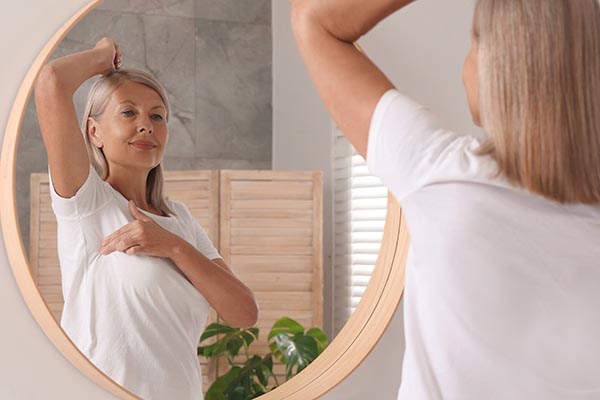Find Out if Naps are Good for Your Brain and Body
March 08, 2023

Health & Wellness Tips
Related Articles
-
Health Article
![two menopause-aged women walking in nature]()
Navigating Menopause: Signs, Stages, and Symptom Relief
-
Health Article
![Over-the-Counter Birth Control Pills-What You Need to Know]()
Over-the-Counter Birth Control Pills: What You Need to Know
-
Health Article
![surgeons in operating room performing heart bypass surgery]()
What is Heart Bypass Surgery? CABG Surgery Can Be a Lifesaver
-
Health Article
![cardiac myxoma heart tumor diagram]()
Can You Get Heart Cancer? It's Rare, but Yes. Learn the Symptoms
-
Health Article
![a hugging couple coping with grief during the holidays]()
Grief During the Holidays: Ways to Celebrate While Grieving
-
Health Article
![a woman discussing pancreatic cysts with her doctor, waiting for an MRI scan]()
Are Pancreatic Cysts Dangerous? Do They Cause Pancreatic Cancer?
-
Health Article
![What Are Fibroids_ Treatments and Options for This Common Issue]()
What Are Fibroids? Treatments and Options for This Common Issue
-
Health Article
![A man sitting down with shortness of breath and coughing]()
What is Interstitial Lung Disease? Don't Dismiss These Symptoms
-
Health Article
![a woman in a plain white tshirt conducting a breast self exam in a mirror]()
Signs of Breast Cancer (That Aren't Lumps): Skin & Nipple Changes
-
Health Article
![a woman consulting with her doctor on breast cancer surgery options]()
Lumpectomy vs. Mastectomy: How to Choose a Breast Cancer Surgery
Back to Top












